History of the Malay Kingdom of Patani
by Ibrahim Syukri
Translated from Sejarah Kerajaan Melayu Patani
The Sejarah Kerajaan Melayu Patani (The History of the Malay State of Patani) is an extremely rare work, published in what was then Malaya after the Second World War, in the town of Pasir Putih, close to the Thai border. Nothing is known for certain about the pseudonymous author, Ibrahim Syukri, but it can be gathered from his text that he was a Thai national, a Muslim, who was probably a civil servant and could read English. It was written in the Jawi script, a variant of Arabic, not in romanized Malay, and so was intended for a local audience.
It does not pretend to be a dispassionate work. It describes the great glory days of the sultanate in the sixteenth and seventeenth centuries, under its curiously named queens designated by difference colors, followed by its decline under a series of weak sultans, and its “reawakening.” As Wyatt points out in his general introduction, the sultanate lasted more than a thousand years and the last ruler died in living memory. But the 1909 Anglo-Siamese treaty marked the formal transfer of authority to Bangkok in return for the abandoning of Siamese claims to Kedah, Kelantan, and Malay states further south. The implementation of Thai nationalist and integrationist policies in the 1940s and 1950s led to serious problems in the three Jawi-speaking Muslim-majority southern provinces of Patani, Yala, and Narathiwat. These problems have in recent years manifested themselves in violence, which alas at present shows no signs of abating.
The text, long unavailable, has been ably translated into English and edited by Conner Bailey and John Miksic. It forms an important addition to works on the former sultanate, and gives an insight into the feelings of the present-day inhabitants on whom history weights so heavily.

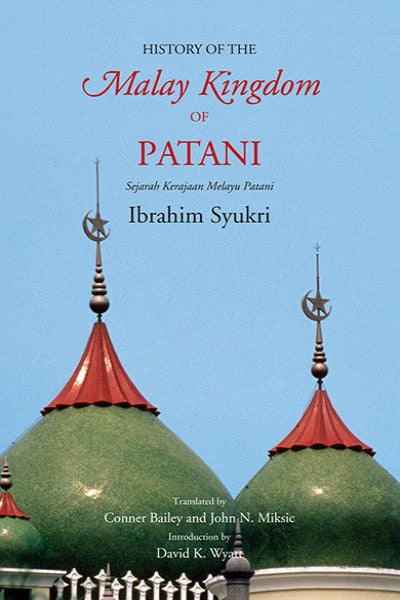

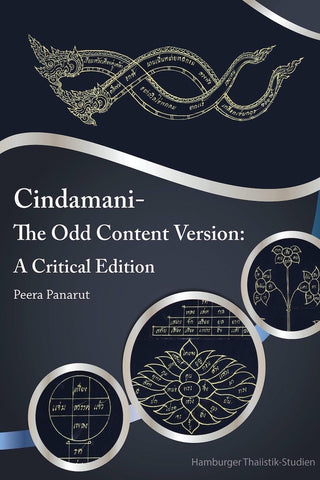
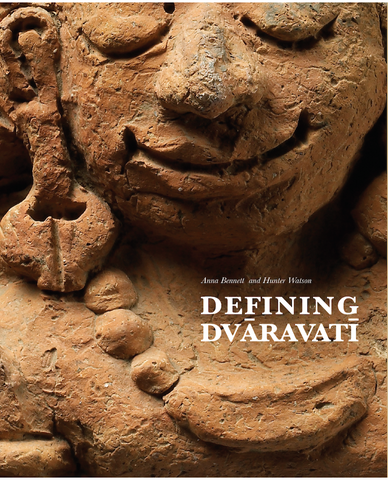
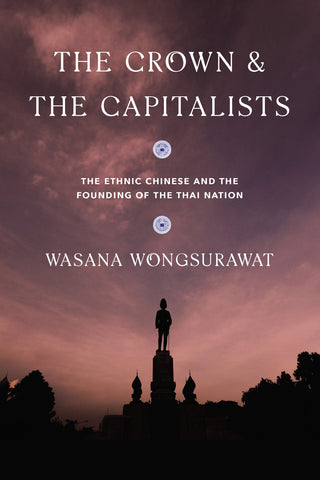
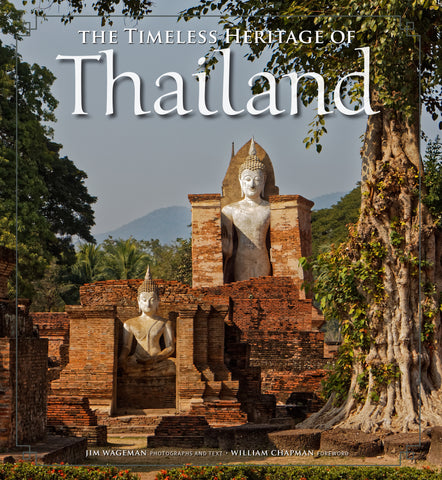
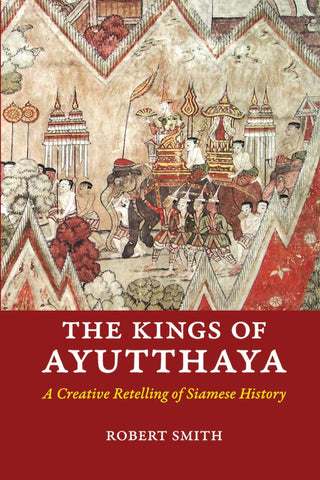
Share this item: